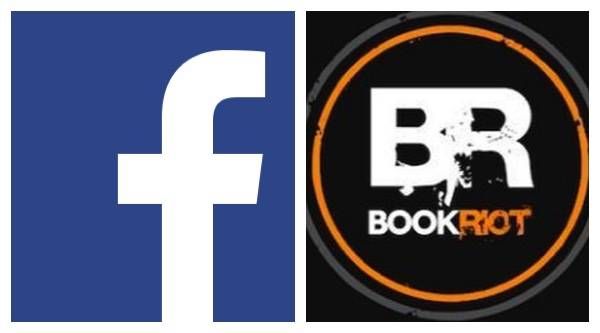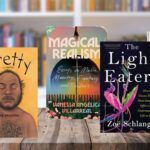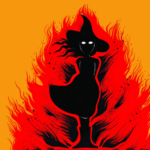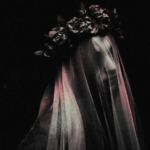
Discourse, Disappointment, and the Death By a Thousand Cuts
If you’re reading this you’ve probably heard all about the recent controversy surrounding Andrew Smith, the popular YA author of The Alex Crow, and comments he made to Vice in an interview a couple of weeks ago. A huge (well, at least on the internet) hullabaloo broke out over the interview, with some decrying Smith’s comments as sexist and others applauding him for his honesty. Rioter Derek Attig weighed in on the controversy in a spot-on piece that pointed out how the interview betrays Smith’s subscription to the fallacious idea that women are somehow “alien” or “other.”
And then John Green chimed in.
John Green, King of YA and YouTube Guru Extraordinaire had this to say about the Andrew Smith controversy when asked by a Refinery29 reporter:
The first thing I’d say about that is online, we’ve got to embrace nuance over outrage. We’ve got to get past an outrage culture of reading things simply and making really broad conclusions about them, and instead ask questions and try to listen to each other better. Generally, we just aren’t doing a great job of listening to each other online. I don’t think in the end it’s very helpful for the overall quality of discourse.
Before I dive into the fray, I should add the disclaimer that I know nothing about Andrew Smith except what he said in the Vice interview, nor have I read his books. I am much more familiar with John Green, both his YouTube channel and his books, and I like him. I don’t follow his work obsessively (I haven’t even seen The Fault in Our Stars yet), but I think he has a lot of good things to say about a lot of important issues and I have a certain amount of respect for him.
So down to it: I don’t think Andrew Smith’s comments were overtly sexist or meant to be a put-down to women and “all things female.” And I agree with John Green that modern internet culture does emphasize a brand of sensationalism that does not always lend itself to constructive dialogue. I know you can hear the “but” coming, so here it is: BUT a comment, an article, or a book doesn’t have to be overtly sexist to be ignorant, and ignorance is just as unhelpful for the “quality of discourse” as sensationalistic outrage.
This week I have been reading Azar Nafisi’s Reading Lolita in Tehran and this quote struck me: “…the biggest sin is to be blind to others’ problems and pains. Not seeing them means denying their existence.” (p. 132) Whether we like to acknowledge it or not, we live in a culture of subliminal sexism, and even in the age of #WeNeedDiverseBooks and #YesAllWomen, it’s sometimes easier to put our blinders on and pretend it doesn’t exist.
Ignorance is not an excuse for failing to understand the problem; it’s the root of the problem itself.
I’m not angry about Smith’s mansplaining and weak attempts at self-justification, nor am I particularly upset that Green tried to avoid the controversy altogether by giving the interviewer a sanitized non-answer to her question. What I am is disappointed…and a little stung. If sexism–hardcore rape-threatening, pay-discriminating, victim-blaming sexism–feels like a knife to the gut, then this feels like a tiny pin prick. The thing is that if you prick someone enough, it starts to feel an awful lot like a knife wound.
____________________
Want more bookish goodness, news, posts about special book deals, and the occasional puppy reading pic? Follow us on Facebook:











